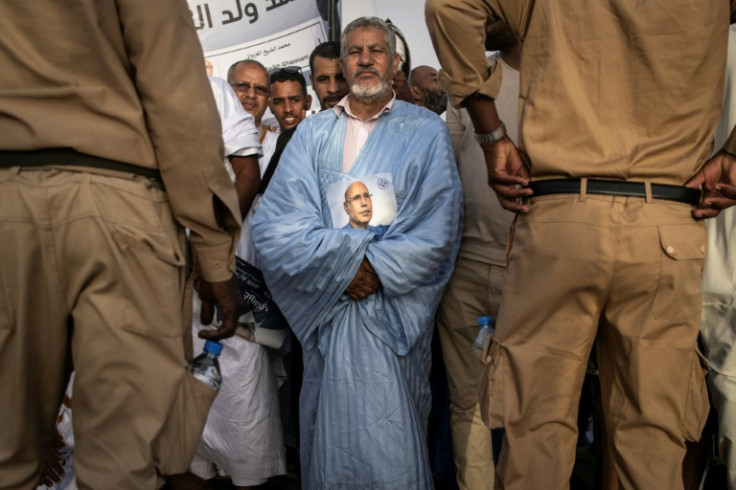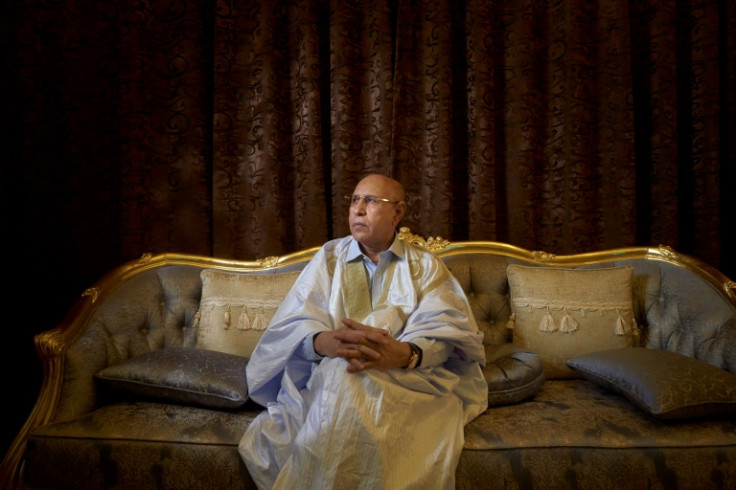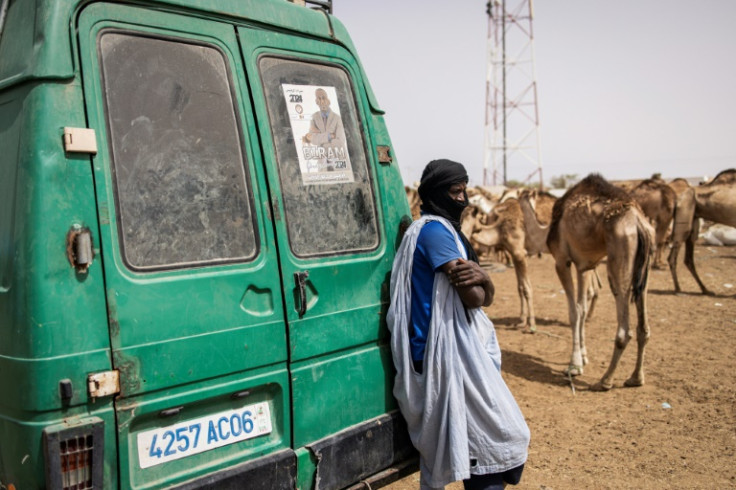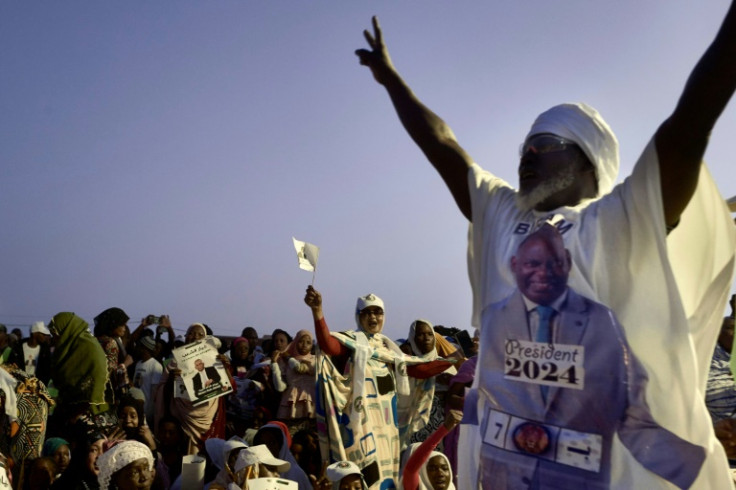Mauritania Heads To Polls With Incumbent Tipped To Win

Mauritanians go to the polls Saturday to decide whether to re-elect President Mohamed Ould Cheikh El Ghazouani as head of the vast desert state, seen as a rock of relative stability in the volatile Sahel.
Around 1.9 million registered voters are set to choose between seven candidates vying to lead the West African nation, which has largely withstood the tide of jihadism in the region and is set to become a gas producer.
The 2019 election brought Ghazouani to power and marked the first transition between two elected presidents since independence from France in 1960 and a series of coups from 1978 to 2008.
Polling stations will open at 7 am (0700 GMT) and close at 7 pm (1900 GMT), with the first results expected on Saturday evening.
Official results are set to be announced on Sunday or Monday.
Former general Ghazouani is the overwhelming favourite to win a second term, with observers considering a first-round victory possible -- given opposition divisions and the resources of the president's camp.
A possible second round vote would take place on July 14.
Campaigning was relatively peaceful, except for some scuffles on Monday in the northern town of Nouadhibou, when "one candidate's supporters" attacked backers of another candidate, the interior ministry said.
"Authorities are ready to face any attempt at creating disorder, as security is Mauritanians' utmost priority," President Ghazouani warned at his final rally.
The former security boss and army chief is widely regarded as the mastermind behind the country's relative security.
While the Sahel has in recent years seen a string of military coups and escalating jihadism, particularly in Mali, Mauritania has not seen an attack since 2011.
Throughout the campaign, Ghazouani has promised his supporters "a resounding first-round victory".
Posters of his face accompanied by the slogan "the safe choice" overshadow those of his political opponents both in the capital Nouakchott and across the country.
After a first term hit by the fallout from the Covid-19 pandemic and the war in Ukraine, Ghazouani has made fighting poverty and supporting young people priority issues.
Over 70 percent of Mauritania's population is under 35, with young people increasingly drawn to the prospect of a better future in Europe or the United States.
With a second mandate, the incumbent says he hopes to make more reforms thanks to a favourable economic outlook.
Growth should average 4.9 percent (3.1 percent per capita) for the period 2024-2026, according to the World Bank, spurred by the launch of gas production in the second half of this year.
Inflation has fallen from a peak of 9.5 percent in 2022 to 5 percent in 2023, and should continue to drop to 2.5 percent in 2024.
The president's two main rivals are human rights activist Biram Dah Abeid, runner-up in the last two presidential elections, and the leader of the Islamist Tewassoul party, Hamadi Ould Sid' El Moctar.
Both vow radical change, "an end to mismanagement and corruption", and far-reaching education and justice reform.
They have also warned of fraud after denouncing a "one-sided election" and accused the Independent National Electoral Commission (CENI) of "doing nothing to ensure that it runs smoothly".
The opposition strongly contested the legislative elections a year ago, which were won by Ghazouani's party.
The African Union has sent a team of 27 short-term observers, while the European Union has sent no mission but three election experts.
The Mauritanian government has set up a national election monitoring body, which the opposition has denounced as a tool for manipulating the ballot.




© Copyright AFP 2024. All rights reserved.





















